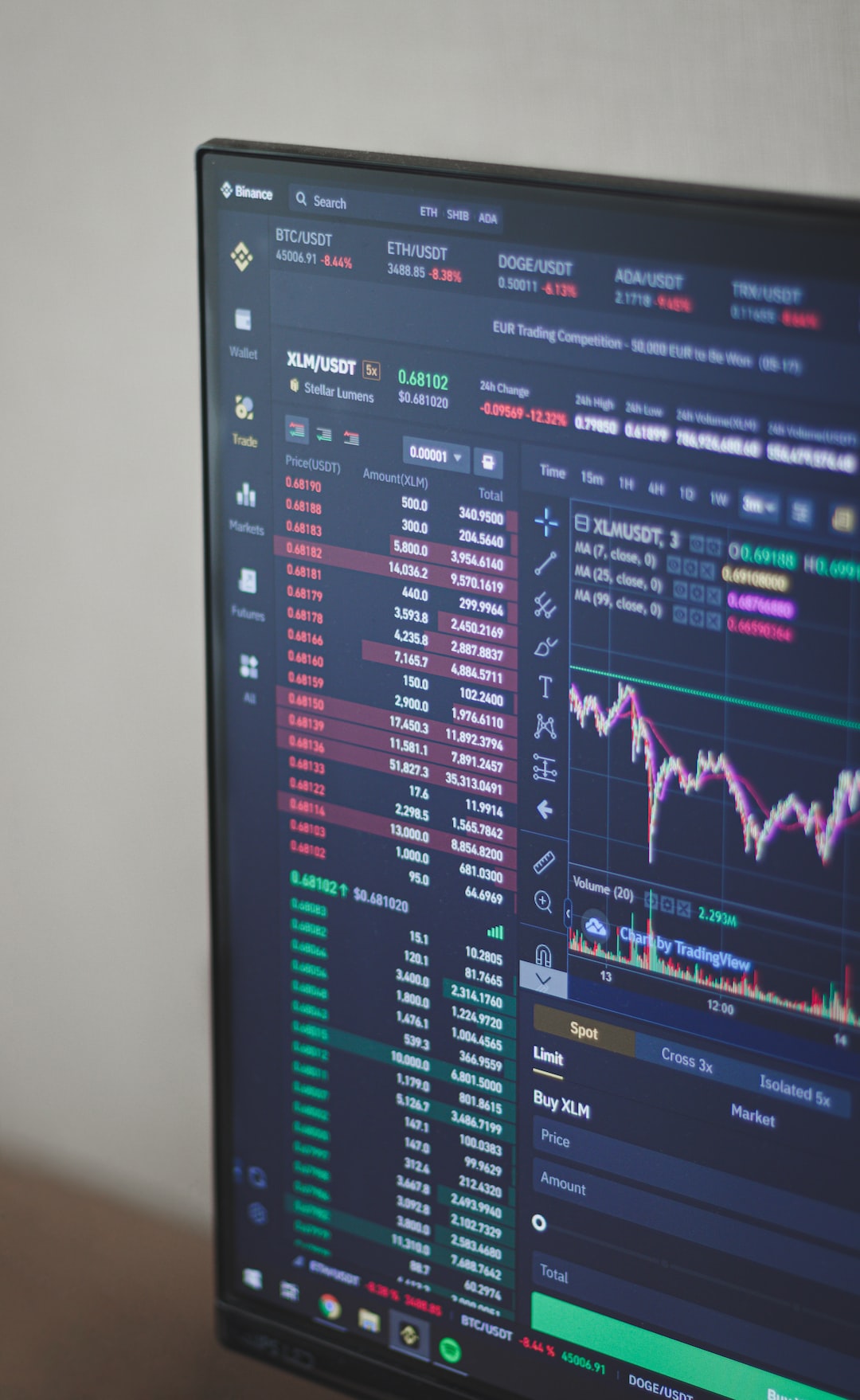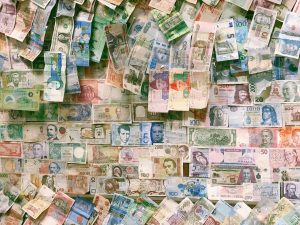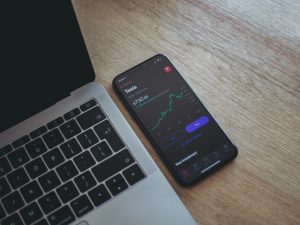Forex trading is becoming increasingly popular among investors, with the Foreign Exchange (Forex) market being the largest financial market in the world. As with any investment, traders need to be aware of the fees that come with trading currencies. In this article, we will explore how much Forex fees can be and what traders should consider when trading in this market.
The Forex market is decentralized, meaning that there is no central exchange where all transactions take place. Instead, transactions are made through a network of banks, financial institutions, and individual traders. This decentralized nature of the Forex market means that there is no fixed fee structure. Instead, the fees that traders pay will depend on a range of factors, including the broker they use, the currency pairs they trade, and the size of their trades.
One of the most significant fees that traders will encounter when trading Forex is the spread. The spread is the difference between the bid and ask prices of a currency pair. The bid price is the price that traders can sell a currency for, while the ask price is the price that traders can buy a currency for. The spread is essentially the cost of trading, and it is how brokers make money.
Spreads can vary widely depending on the currency pair being traded, with major pairs typically having lower spreads than minor or exotic pairs. The spread can also vary depending on market conditions, with spreads typically widening during periods of market volatility.
Another fee that traders may encounter is the commission fee. Some brokers may charge a commission fee on each trade, which is typically a percentage of the trade size. Commission fees can vary widely, with some brokers charging no commission at all and others charging up to several dollars per trade.
In addition to spreads and commission fees, traders may also encounter other fees when trading Forex. For example, some brokers may charge a rollover fee for holding positions overnight. This fee is essentially the cost of borrowing money to keep a position open, and it can vary depending on the interest rates of the currencies being traded.
Traders should also be aware of any deposit or withdrawal fees that their broker may charge. Some brokers may charge a fee for depositing or withdrawing funds from their trading account, which can eat into a trader’s profits.
It is important for traders to consider these fees when choosing a Forex broker. While some brokers may offer lower spreads, they may charge higher commission fees or other fees that can make trading more expensive. Traders should also consider the quality of the broker’s trading platform, customer service, and regulatory compliance when choosing a broker.
In conclusion, Forex fees can vary widely depending on a range of factors, including the broker used, the currency pairs traded, and the size of the trades. Traders should be aware of the spread, commission fees, rollover fees, and deposit/withdrawal fees when trading Forex. By carefully considering these fees and choosing a reputable broker, traders can minimize their trading costs and maximize their profits in the Forex market.





